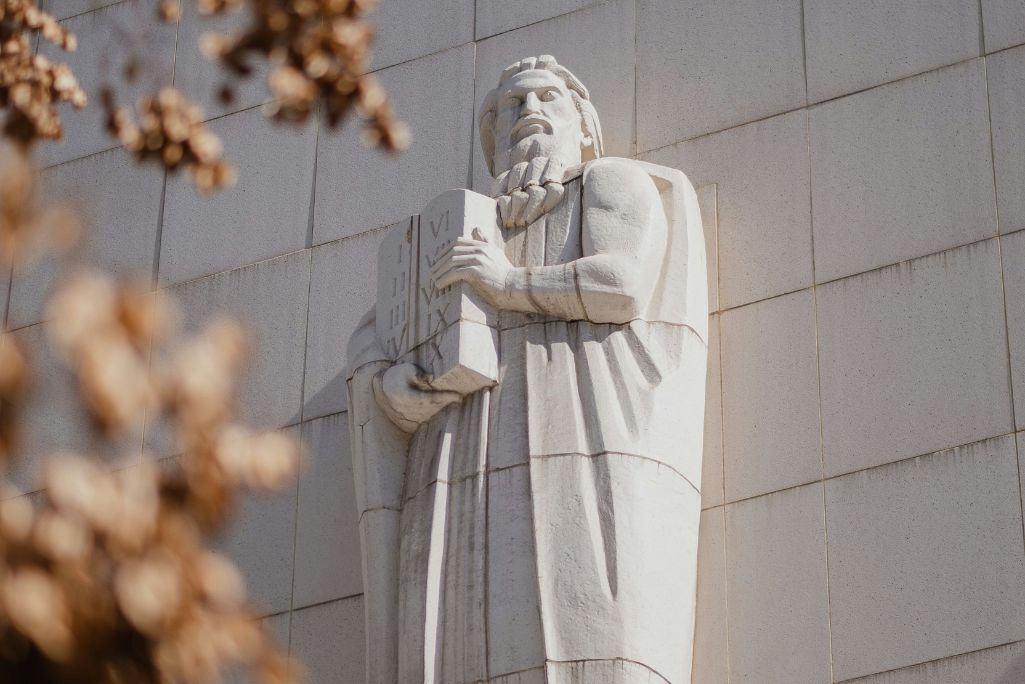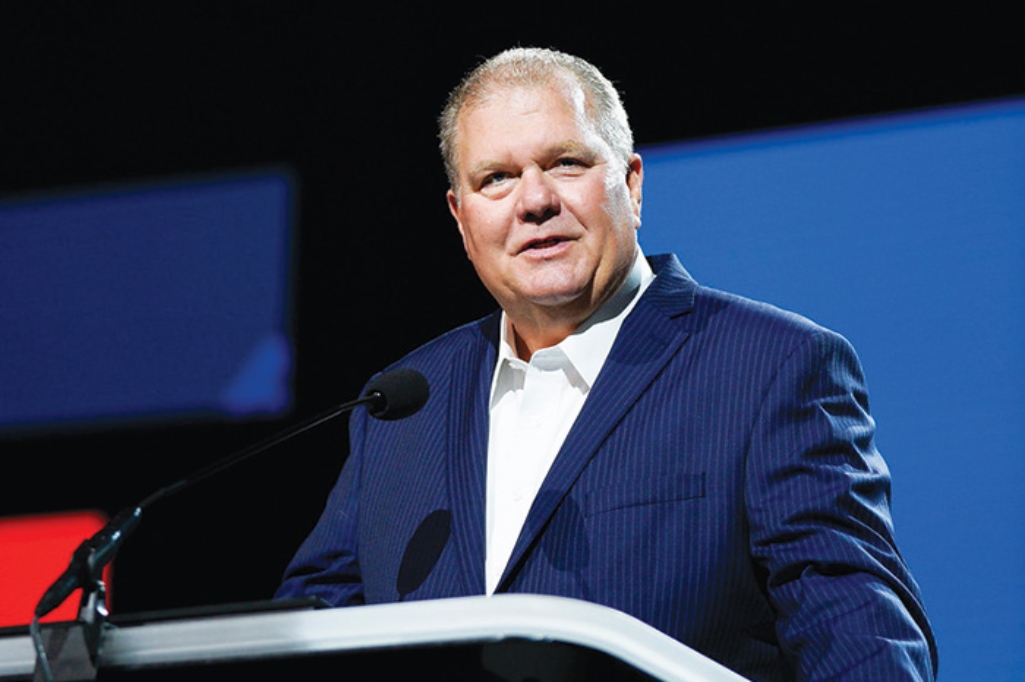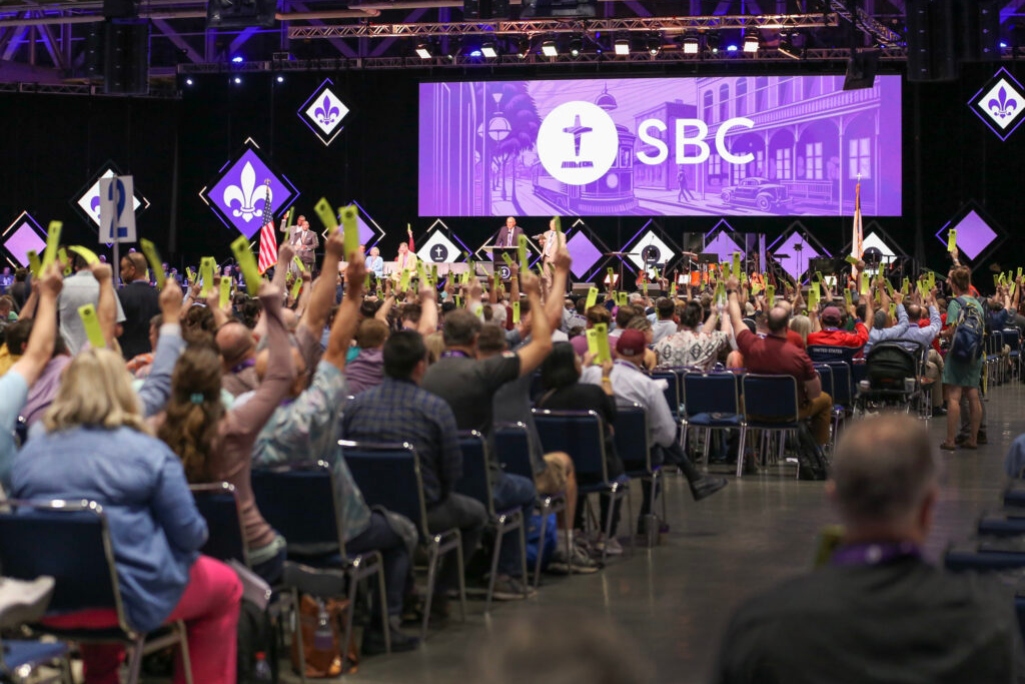
When I attended my first board meeting in 2019 as a trustee for the Ethics & Religious Liberty Commission (ERLC), no trustees spoke during the meetings — the entire three days. Great information. Impressive staff. Nice people. But no discussion. Actually, there was one question on the last day. It was awkward.
I’ve served on healthy boards and worked with boards as a consultant to non-profits. I understand that an unhealthy board can exist for years without any problems. And a healthy board can’t catch all potential issues. But a board of trustees is designed in part to be a safety net that, if functioning correctly, can avert pitfalls and even disasters. And I have a better than average understanding of the sensitivities and even quirkiness of Baptist life. I worked as a contractor for 15 years at the Baptist State Convention of North Carolina, then four years as a team leader there.
In spite of that, to this day, I don’t know how the ERLC board got to the place where it was when I first joined in 2019. But I can attest that we are no longer there. The ERLC has had its share of attention-grabbing headlines and votes on the Southern Baptist Convention (SBC) annual meeting floor that are loud calls for change. And the board has heard you. The staff has heard you. Brent Leatherwood has heard you. And I can say without any equivocation that the ERLC is the healthiest it has been in many years. Are we there yet? No. But the ERLC is motivated to be an organization that proves its worth and value to SBC churches every day.
In contrast to 2019, here’s what our 2024 in-person trustee meeting in Nashville looked like. Pre-committee virtual meetings were held the week prior so we could be well-versed and ready to discuss any proposals when we met. During breaks from our meetings in Nashville, you could see trustees discussing potential bylaws changes and sending around drafts to each other. During meetings, there were robust discussions that included staff and trustees — some that needed friendly mea culpas afterward. There was a request by trustees to go into executive session to have debate over a “sensitive” proposal. And finally, the trustees presented a “Statement of Affirmation & Encouragement” that I would encourage you to read. The end of the statement, worked on in conjunction with the staff, sets out a path that we hope will help navigate the rough waters that are public policy advocacy in today’s culture.
If you’ve been watching the signs this year, you’ve seen an ERLC staff that’s been constantly in motion. They are hands-on and face-to-face all over the SBC. They’ve lost some amazing staff, but God has raised up new people who are dynamic and enthusiastic and who bring much-needed gifts to the table. Yes, the ERLC board of trustees is encouraged and excited about the direction of the ERLC. Yes, we hope enough Baptist leaders have seen the signs and the new direction. No, we’re not there yet.
We still need a distinct SBC presence in the public square. The work that Brent and his staff are building in Washington, D.C., is invaluable. When you have a small staff, you make decisions on how you can have the biggest impact for every moment. The most important ways of affecting public policy are often those that are quiet and go largely unnoticed. Building relationships with lawmakers and their staff requires countless thankless hours camped out in hallways and sitting through committee meetings. The ERLC staff understands this. Incidentally, I personally believe our president, Brent Leatherwood, is the right man for the job. It might be helpful to consider the intense challenges Brent has endured over the past three to four years, both personal and professional. In addition to navigating the changing ERLC landscape, he’s a faithful man of God who serves tirelessly as an elder in his church, and he is smart and tough enough to thrive in public policy circles.
Finally, speaking as someone who has been involved in public policy for many years, minimizing or eliminating the ERLC would leave a gaping hole. Individuals come and go. Individuals can fall from grace in a second. But an entity transcends individuals. It adjusts and responds to changes within the SBC and can be controlled, in theory, by SBC messengers. It’s true. Southern Baptists don’t agree on everything. But we do agree on core issues like the importance of religious liberty, the sanctity of human life, marriage and family, and human dignity rooted in the image of God. These are struggles worthy of banding together as Southern Baptists and continuing the fight.
(EDITOR’S NOTE — Traci DeVette Griggs is a current member of the board of trustees for the Ethics & Religious Liberty Commission, whose term expires in 2027. Griggs lives in North Carolina, is a member of Fairview Baptist Church in Apex, and she has previously served with the Baptist State Convention of North Carolina and the North Carolina Family Policy Council.)


